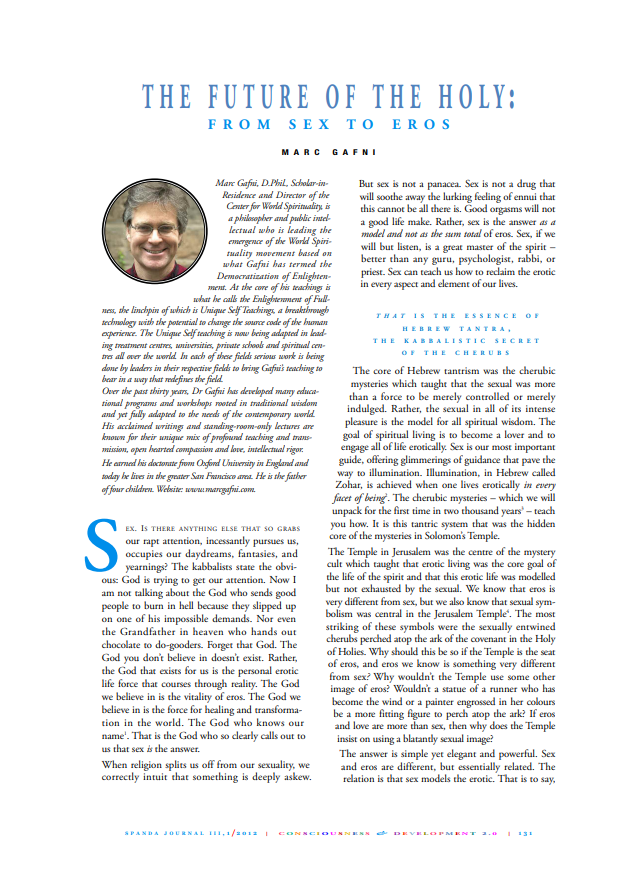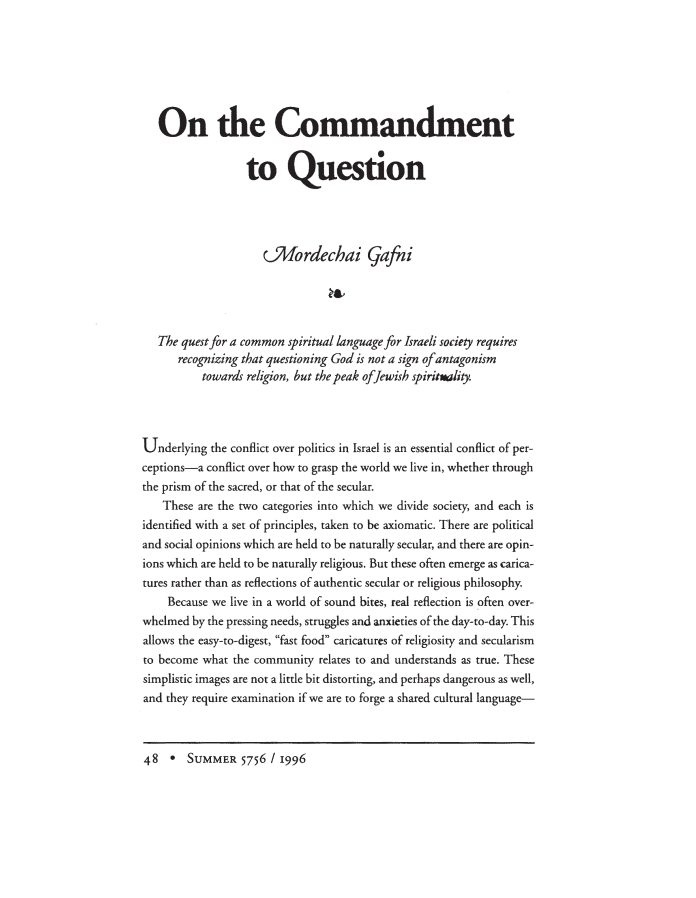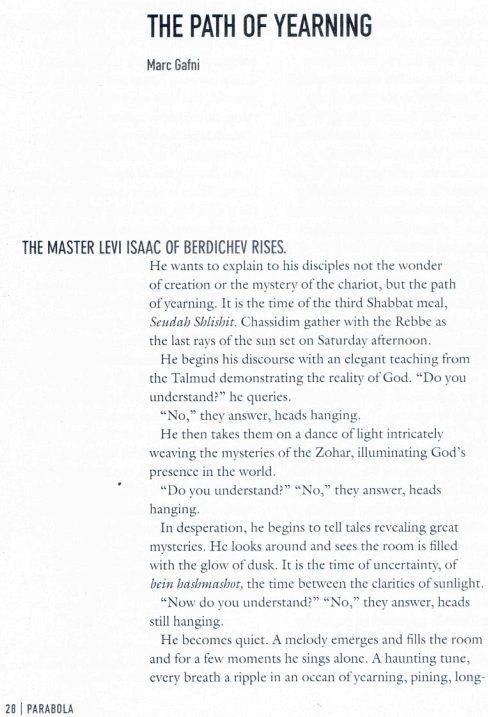On the Erotic and the Ethical
The Temple of the ancient Israelites is the original Hebrew expression of pagan consciousness. Now—as we will see later in this essay—the difference between Temple and pagan consciousness is very crucial. But it is a difference that is only important because of their profound similarity. Both the Temple and the pagan cults shared an intoxication with the feminine Goddess, symbol of sacred eros.
The relationship with the Goddess was not a hobby for the Israelites like modern religious affiliation often tends to be. It was an all-consuming desire to be on the inside, to feel the infinite fullness of reality in every moment and in every encounter—it was an attempt to fully experience eros. Because the ancients were so aware of the depth of reality, to live without being able to access the infinite in this erotic way was enormously painful. (For an example, read the story of the idolatrous King Menashe, as retold in the Talmud, Tractate Sanhedrin 92A.)
The prophets of the Temple period opposed paganism with all of their ethical fire and passion. For them, it was inconceivable that the ecstatic and primal Temple experience, religiously powerful and important as it might be, should become primary. When eros overrode ethos, the prophet exploded in divine rage. In moments of clash, the prophet taught that the ethical always needed to trump the erotic.
Modern Judaism has developed from the ethical teachings of the prophets. In the process, however, we have overlooked the erotic, present in the pagan consciousness of the Temple service. We have forgotten the Goddess, a vital presence in the life of ancient Israel. Hebrew liturgy reflects the virtually inconsolable longing of the Hebrew spirit for the rebuilt Temple in Jerusalem. This longing is not a dream of proprietorship over this or that hill in Jerusalem. Indeed, ownership and holiness are mutually exclusive. Instead, it is a yearning to reclaim sacred eros as part of the fabric of our lives. And, in the way of the circle, our longing for eros is also a longing for ethos. All ethical breakdown emerges from a dearth of eros. When we are overwhelmed by an erotic vacuum, ethics collapse. (more…)

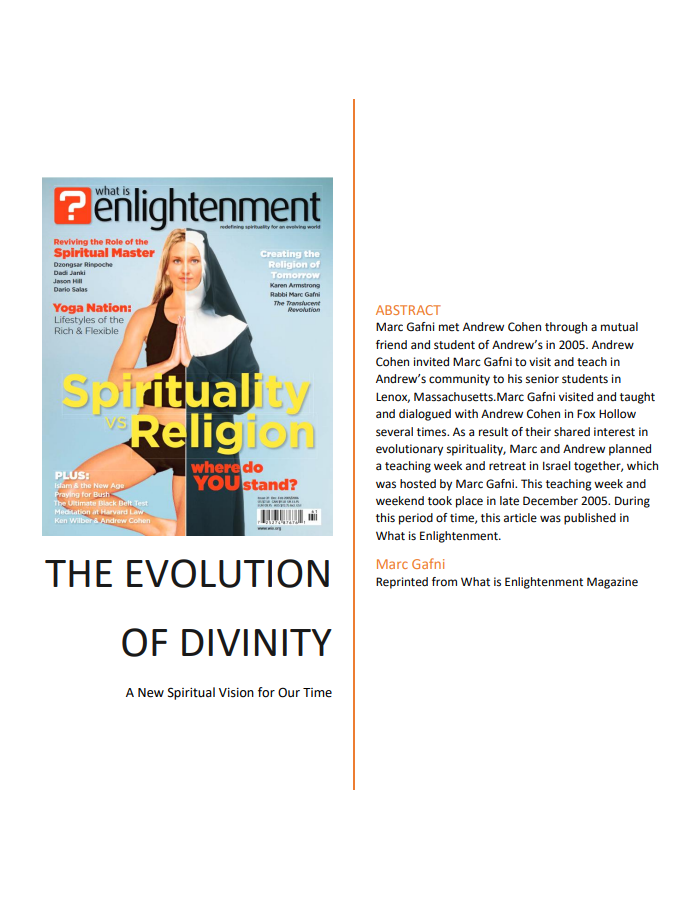
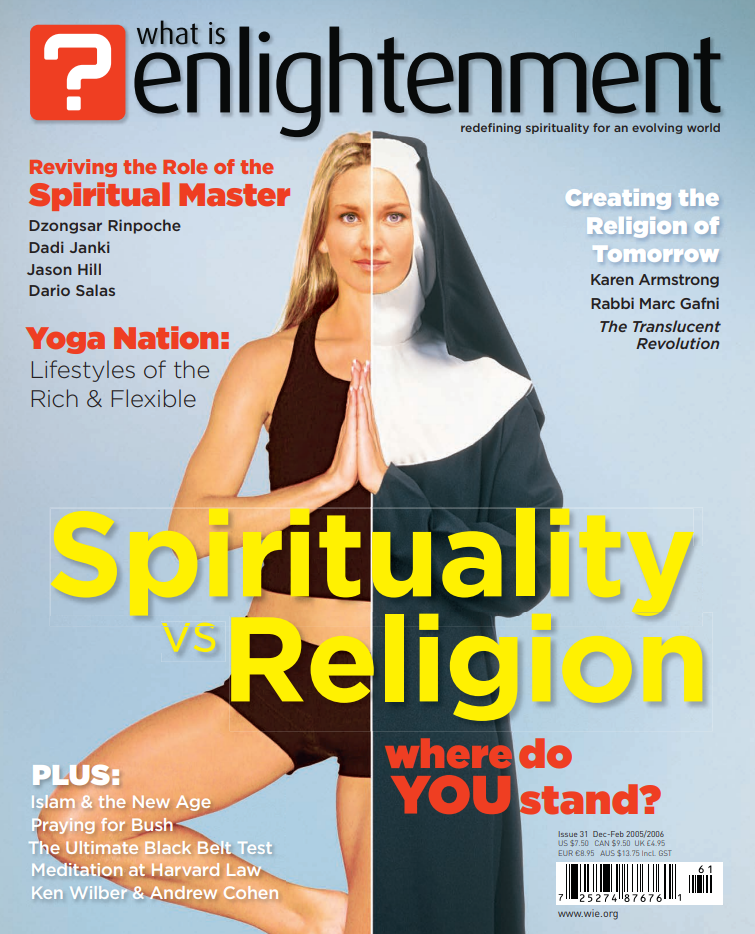
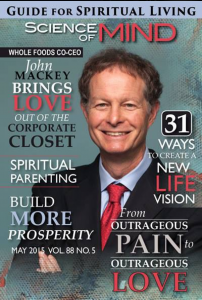
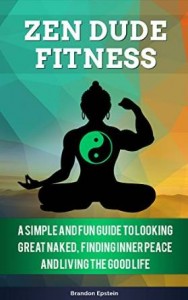
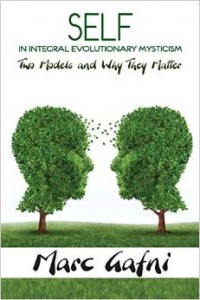
 By
By  By
By  By Marc Gafni
By Marc Gafni Marc Gafni was recently featured in
Marc Gafni was recently featured in 